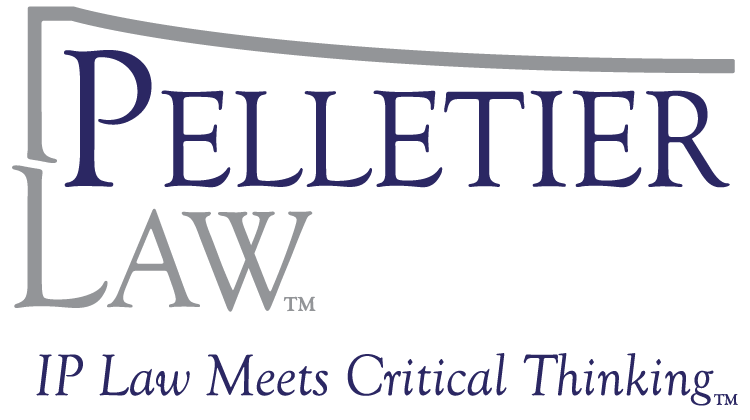SCOTUS Patent Scorecard Update
On January 22, 2019, the Supreme Court issued Helsinn Healthcare S.A. v. Teva Pharmaceuticals USA, Inc. Helsinn holds that “an inventor’s sale of an invention to a third party who is obligated to keep the invention confidential can qualify as …
